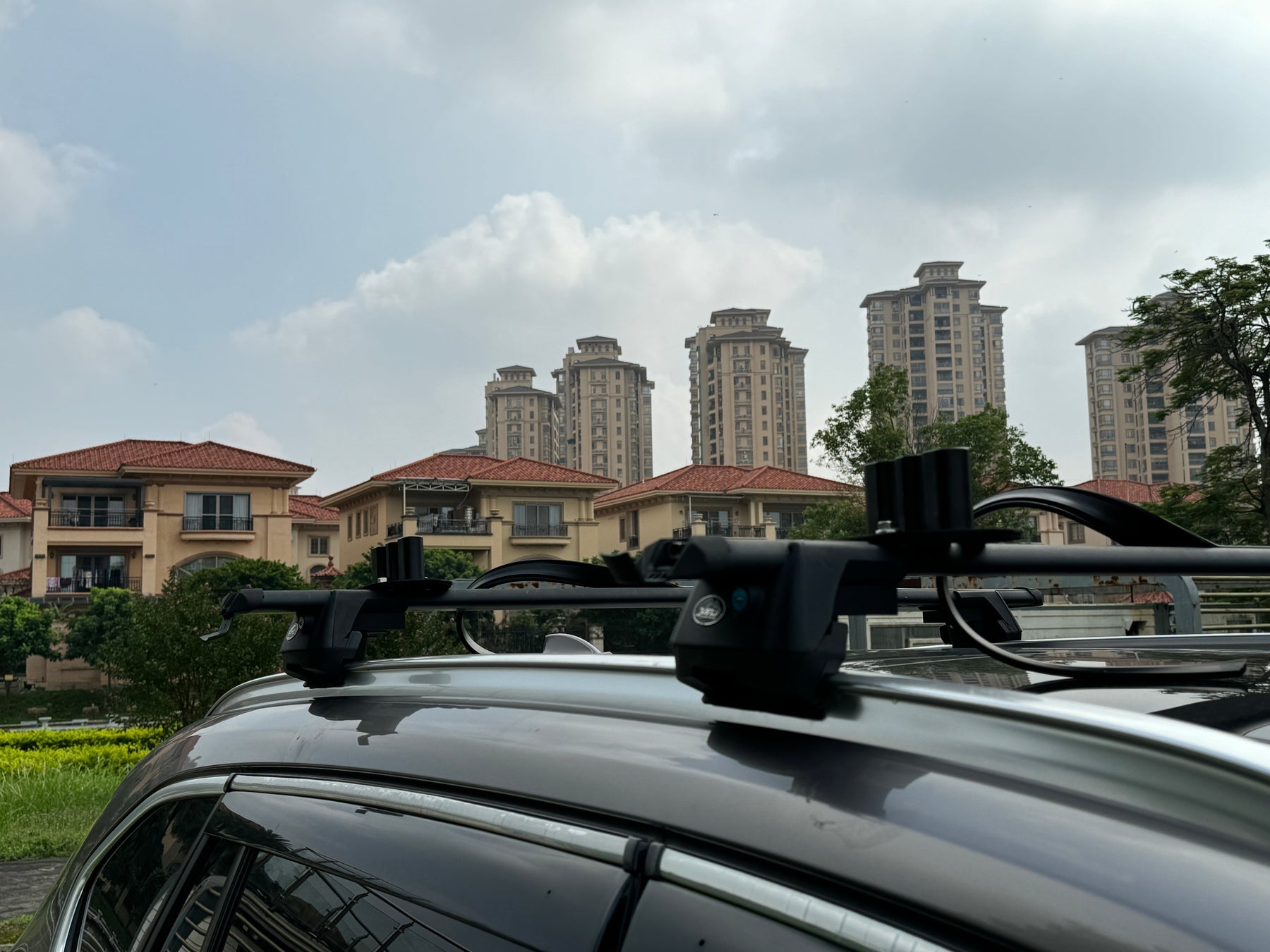
What Are Some Major Things to Know Before Off-Roading?
Off-roading is an exciting and adventurous activity that brings you closer to nature while testing the limits of your vehicle. Whether you're tackling rugged trails in the mountains or cruising through desert landscapes, there's a lot to keep in mind before you take your vehicle off the pavement. If you’re thinking about diving into the world of off-roading, here’s a comprehensive guide to help you get started.
1. Understand Your Vehicle’s Capabilities
Before you hit the trails, it’s crucial to know the limits of your off-road vehicle. Not all vehicles are made for rough terrain. Some are designed for light off-roading, while others are built for heavy-duty expeditions. For example, if you plan to ride on rocky hills, dunes, or muddy paths, you'll need a vehicle with the right specifications, such as high ground clearance, all-wheel drive (AWD) or four-wheel drive (4WD), and specialized tires. Make sure your vehicle is properly equipped with the right off-road tires, as these make a huge difference in traction and safety.
2. Learn the Terrain
Understanding the terrain you will be exploring is another key to a successful off-roading experience. Terrain types can vary widely, from loose sand and thick mud to steep, rocky hills and snowy landscapes. Each surface presents unique challenges, so knowing the trail ahead of time can help you prepare your vehicle and gear accordingly. If you’re new to the area, doing a little research or talking to local off-road enthusiasts can provide valuable insight into trail difficulty and what gear you might need.
3. Bring the Right Gear
The right gear can make all the difference when off-roading. Aside from the necessary vehicle modifications, you should also carry essential recovery tools, such as a winch, tow straps, and a shovel. These can help you get unstuck in case you find yourself bogged down in the mud or stuck on an incline. A first aid kit, plenty of water, and basic tools should always be in your vehicle, as you may be far from help in the wilderness.
4. Know How to Navigate the Terrain
Off-roading isn’t just about having the right gear; it’s also about knowing how to handle different obstacles and navigate various landscapes. Learning how to tackle obstacles like boulders, deep mud pits, or steep inclines is essential. Take it slow and be cautious—speeding through rough terrain can cause damage to your vehicle or even lead to an accident. If you’re new to off-roading, consider joining a group or taking a course to learn proper techniques, such as how to maintain traction on loose surfaces or how to safely drive through water crossings.
5. Be Prepared for the Weather
Weather conditions play a huge role in off-roading. What might be a dry, solid trail one day could turn into a slippery mess after a rainstorm. Snow, heavy rain, or extreme temperatures can make trails hazardous, so it’s essential to check the weather forecast before heading out. Prepare for the worst by dressing in layers and packing rain gear, sunscreen, and extra supplies if you plan to be out in the elements for extended periods.
6. Respect the Environment and Other Riders
Off-roading is an exhilarating sport, but it’s important to respect the environment and other riders. Stick to designated trails to avoid damaging sensitive ecosystems. Many trails have "no-go" zones, and some areas may be protected, so it's essential to follow local rules and regulations. Sharing the trail with other vehicles and riders is also key. Keep an eye out for others, follow proper trail etiquette, and always yield to faster vehicles or pedestrians.
7. Know How to Recover Your Vehicle
Sometimes, things don’t go as planned. You might find yourself stuck in a mud pit or unable to climb a steep hill. That’s where recovery skills come in handy. Understanding how to use your winch, recovery straps, and jack can save you a lot of hassle. Always assess the situation before acting and never hesitate to ask for help if you’re not sure about a recovery technique.
8. Off-Roading Safety Tips
Safety should always be a top priority when off-roading. Make sure your vehicle is in good condition and that you have all the necessary safety equipment, like a helmet, seat belts, and a fire extinguisher. Driving responsibly is also important—maintaining a safe speed, keeping an eye on your surroundings, and being aware of potential hazards, such as sudden drops or loose rocks, can prevent accidents.
9. Know When to Turn Back
Sometimes the conditions or terrain are simply too challenging, and it’s better to turn back than to push forward and risk injury or damage to your vehicle. Always listen to your instincts and don't hesitate to abort a mission if things start to feel unsafe. Having the wisdom to know when to back off is a vital skill in off-roading.
Conclusion
Off-roading is a thrilling activity that offers an unparalleled sense of adventure, but it also comes with its risks and challenges. By understanding your vehicle’s capabilities, learning about the terrain, bringing the right gear, and staying safe, you can make the most of your off-roading experiences. Whether you're a beginner or an experienced rider, always prioritize safety, respect the environment, and never stop learning.
FAQs
How do I prepare for different types of terrain?
Understanding the terrain you’ll encounter is crucial. Researching the trail and having the right vehicle modifications and recovery gear will help you navigate safely.
What safety equipment should I carry when off-roading?
Basic safety gear includes a helmet, first aid kit, seat belts, and a fire extinguisher. Always ensure your vehicle is in good condition before heading out.
How can I prevent getting stuck while off-roading?
To avoid getting stuck, make sure to drive cautiously, use proper techniques for climbing hills or crossing obstacles, and always carry recovery gear like tow straps and a winch.
